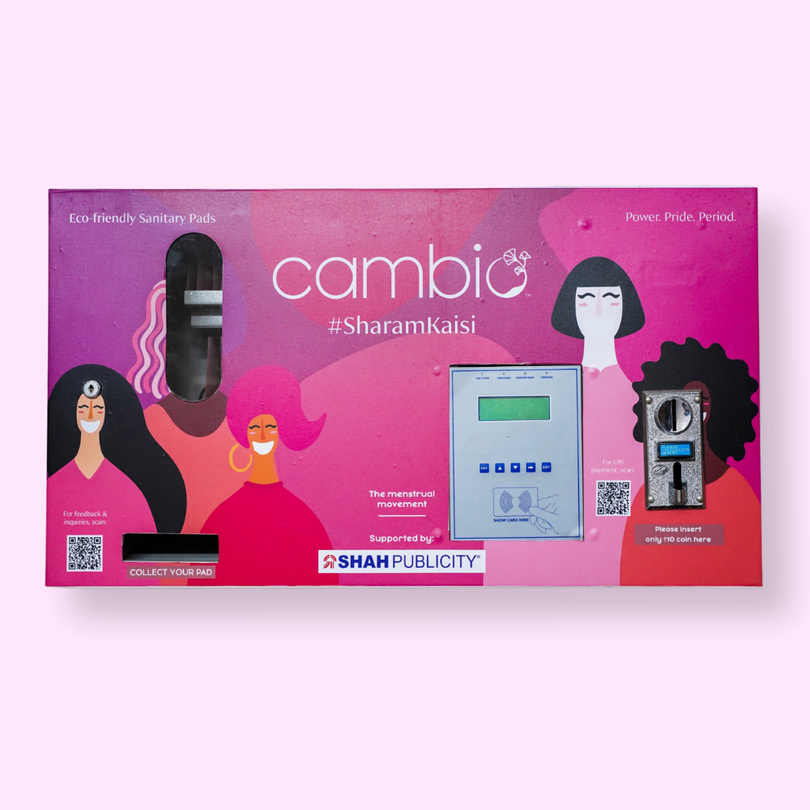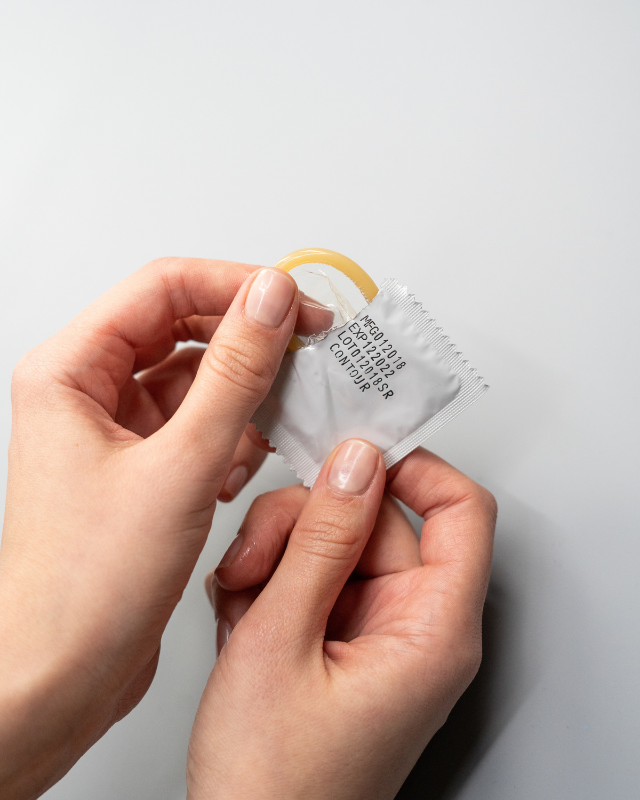Do you know all the options to prevent pregnancy? The most common and well-known method is birth control pills but are you aware of the rest of the methods?
Apart from birth control pills, most women have very little information about other birth control methods.
This is because eating pills to prevent pregnancy seems like the perfect birth control solution.
But have you ever thought about how these pills can affect your body's activities? There are varieties of pills available in the market and none of them claims to have any side effects on the body.
It is very important for females to know all pros and cons before eating any pills. Women should have knowledge about all the birth control methods and then they should settle for one method.
There are many methods other than pills. Here are a few contraceptive methods in detail.
Birth control methods
IUD- The intrauterine device is a small T-shaped copper device that is placed into the uterus by a doctor. There are two types available- hormonal IUD and copper IUD but both of them perform the same function of preventing implantation or fertilization. The basic difference between both of them is that copper IUD does not contain any hormones. If you want to prevent pregnancy for a longer time then this can be a good option, it works until it expires or you have taken it out. It can last up to 12 years. IUDs are 99% effective and if you want to get pregnant you can easily remove them.
The best time to insert IUD is during menstruation, as this is the time when there are higher chances of fertilization.
IUDs claim to have very few side effects and also they do not contain estrogen, a hormone that plays a vital role in pregnancy.
Condoms- Both males and female condoms are available in the market. Male condoms are about 98 percent effective in preventing pregnancy whereas female condoms are 95 percent effective. They are affordable and user-friendly. In addition, it gives privacy to the user as they can insert it themselves instead of a doctor. Apart from this, they are also effective for preventing STDs ( sexually transmitted diseases like HIV, gonorrhea, herpes, and chlamydia.
Condoms basically prevent the meeting of sperm and ova, thus preventing fertilization.
Vasectomy and tubectomy- It is a sterilization procedure available for both men and women. Tubectomy is a surgical method done in females, in which fallopian tubes are tied/ligated. While vasectomy is a surgical method done in males in which vas deferens are blocked or sealed in order to prevent sperm from ejaculation.
Vasectomy is very effective and the greatest advantage is that it does not hamper your hormonal balance or interfere with sexual activities.
You don’t have to take the pill daily after tubectomy and it does not affect your menstrual cycle.
Apart from this, it does not cause the side effects like weight gain, heavy flow, painful cramps, mood swings, and headaches which are usually experienced after taking pills.
This method is 99 percent effective both in males and females.
Implant- It is a plastic rod about the size of a matchstick and it contains a hormone called etonogestrel. It is inserted into the upper arm, beneath the skin. It releases etonogestrel into the body which is responsible for blocking the production of eggs from the ovaries and it also prevents the entry of sperm into the uterus by thickening the cervical mucus. and thus prevents fertilization.
This method is very cost-effective and proven safer in the majority of women. In addition, it provides protection against endometrial cancer and also reduces the chances of pelvic inflammation.
This method is 99 percent effective. It lasts for 3 years and during this, if the women want to get pregnant she can easily remove it.
It is also safe to use during breastfeeding and it reduces heavy and painful cramps.
Lactational amenorrhea method(LAM)- It is a natural and short-term method to prevent pregnancy. Breastfeeding can also be a form of preventing pregnancy, your body naturally stops ovulation while breastfeeding. And you will not get pregnant if you don’t ovulate.
You can use this method after the birth of a baby and it’s important to remember that breastfeeding can only be useful for the first 6 months or until your period's return.
This method has no side effects, no cost, no device is inserted, and no medications.
Intramuscular injection- Depo-Provera is one of the intramuscular injections that contains progestin that is a hormone secreted every month by ovaries. It prevents pregnancy by preventing ovulation as it thickens the cervical muscles, which inhibits the entry of sperm.
You can take this injection shot 3 months at a time.
Conclusion
Using contraception methods is more or less like planned parenthood and there is no harm in using them. Effective contraception is beneficial for both mother and children as it decreases the mortality rate.
Family planning is a right of couples and they should embrace parenthood when they are confident and ready to take responsibility.
More awareness about family planning is needed in India as the growing population is one of the major issues and using contraceptives can help to curb the population.
Government should conduct free programs and camps about a general awareness about birth control and various contraceptive methods and they should tell the importance of family planning.
Using contraceptive methods is better than abortion!










